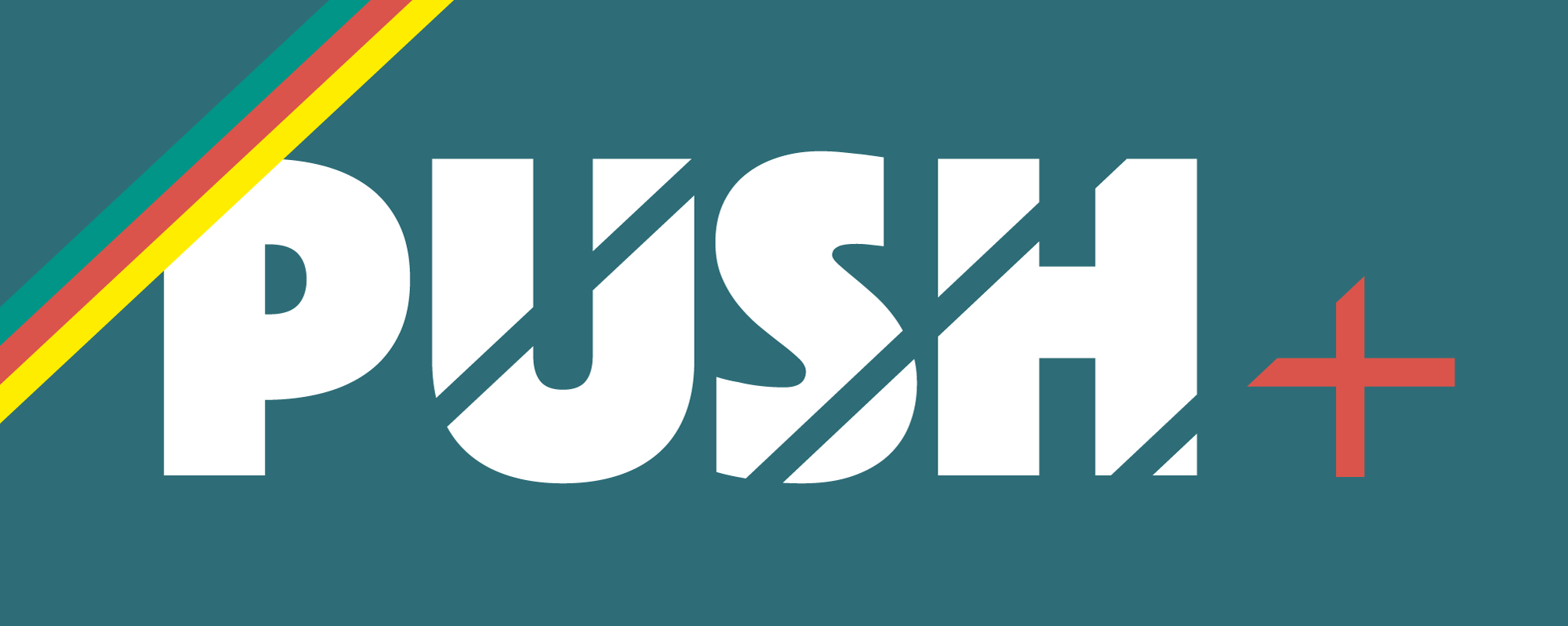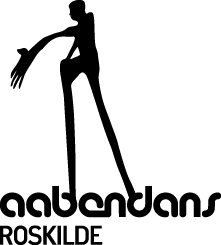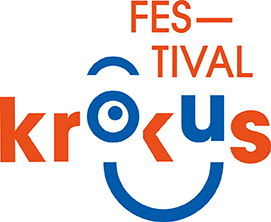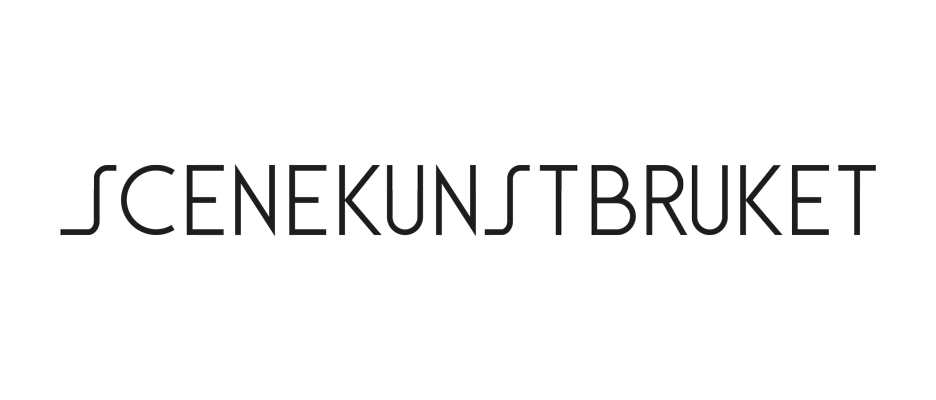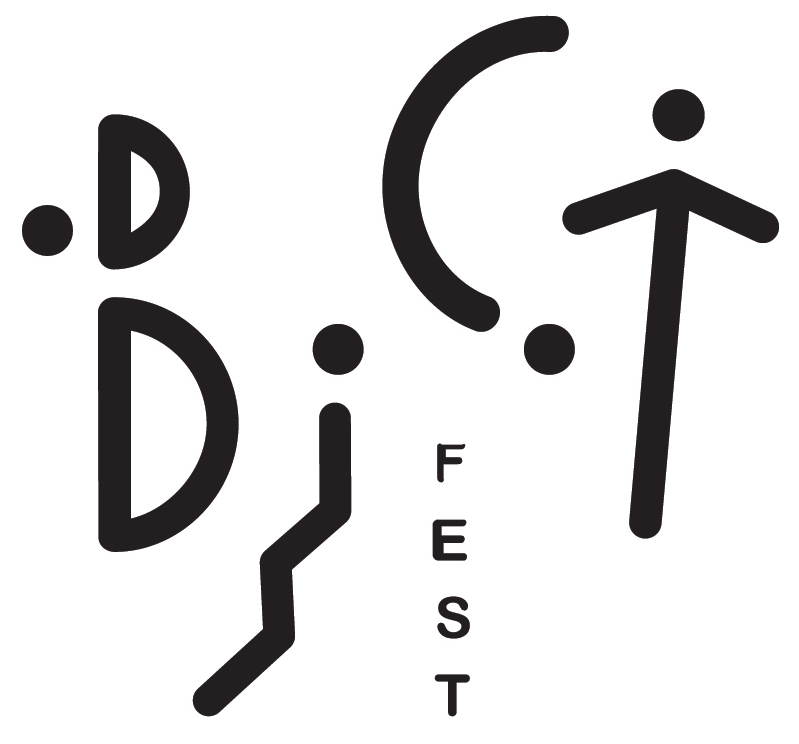While Le Corbusier’s Modulor Man created a normative standard for the human body, it was by itself already the result of modern architecture’s project for human betterment.
Resources
A manifesto by Caroline Bowditch written after a research project with Imaginate exploring why there are so few visibly disabled performers in performance work targeted at young audiences. "Children have a chance to see bodies like theirs on stage and screen".
Article about Vital Spark, a new national initiative in England aiming to create more inclusive and diverse performances for children and young people.
A film on the Disability Arts International website made by Al. Di. Qua, a manifesto 'advocating for the cultural rights of disabled artists and cultural workers, as well as the aim of transforming the way disabled people are framed in the mainstream media and public imagination.'
Buffalo Boy is an international co-production between UK artists and dancers from Epic Arts, Cambodia. "The Buffalo Boy project started with Thouen and his determination to dance. After a life of being ignored and being told not to speak by his family & community, Thouen had found himself drawn to dance as a way to express himself and tell his story. In April 2017 Thouen graduated from Epic Arts’ Inclusive Arts Course, after spending two years on the course he didn’t want to go back to life in his rural village, he wanted to dance. He wanted to make a performance piece about his stories, and continue developing his artistic skills."
"The right to participate in work is a core human right under Article 27 of the UN Convention on the Rights for Persons with Disabilities." So, why are so many disabled people still unable to earn as artists without affecting disability payments? This article is about 'Catherine's Law' which has brought this problem to a wider public in Ireland.
A article looking at the history of the body shape in Ballet and other dance forms.
An article in the Irish Independent about DADA (Disabled Artists and Disabled Academics) started by Different Bodies artist Emilie Conway, calling for the government to ensure that any disabled artists taking part in the new basic income pilot scheme in Ireland won't lose vital benefits.
A short video of a dance performance made by Tendai Malvine Makurumbandi (Different Bodies Lab artist) as part of his Master studies at Oslo National Academy of the Arts called Emancipation, "exploring- 'shadows as metaphor', an alternative approach for discussing the complicated issue of identity."
Zebedee is a modeling and talent agency representing people with disabilities and visible differences, working for fair media and fashion representation to change perceptions for the better. This International Women’s Day, some of Zebedee’s stunning talent gathered for a special shoot. The shoot aims to showcase real and unique beauty, creating true inclusivity. When it comes to gender equality, especially in media and the fashion industry, women with disabilities and visible differences often find themselves left out of the narrative.
The Gender & Family Project (GFP) empowers youth, families and communities by providing gender affirmative services, training and research. GFP promotes gender inclusivity as a form of social justice in all the systems involved in the life of the family. Working directly with transgender and gender expansive young people, their families and their communities, GFP offers a variety of programs and services aimed to build community, decrease isolation, and foster hope and resiliency. Through community and clinical services, research, training and education, GFP provides comprehensive and customized advocacy, regardless of a family’s financial situation or ability to pay. Jean Malpas, LMHC, LMFT, is the Founder & Executive Director of GFP. He is an internationally recognized expert provider for transgender and gender expansive young people and has trained and published extensively on issues of gender and sexuality.
The International Disability Alliance (IDA), the Government of Norway, and the Government of Ghana will host the second Global Disability Summit on 16 and 17 February 2022 (GDS22). Due to the COVID-19 pandemic, and to ensure inclusive participation at the Summit, the event will be held on a digital platform.
A blog from an artist in Ireland explaining how the rules around pay for disabled artists when they are in receipt of any state benefits is discriminatory and creates a massive barrier to professional work. "I didn’t get to tour the play in 2016 as I had planned. This was largely down to funding: if I had received sufficient funding to tour the play, it would have counted as income according to Social Welfare. It would have counted as “meansâ€, and my basic weekly Blind Pension payment (currently €203 per week), on which I depend to survive, would have been immediately slashed. So even if the tour had been funded, I couldn’t have afforded to pay for anything, let alone a tour. A gal gotta eat!"
An audio interview with Claire Cunningham, a disabled artist based in Scotland talking about why she defines herself as a disabled artist, what it was like to make the transition from music to theatre and why she thinks we are missing out by overlooking the creativity of disabled artists. “My work wouldn’t be the work it is if I wasn’t disabled. It’s inherently who I am and it does inform the work I make. To say that you don’t see it is trying to eradicate something that’s quite essentialâ€
Not Going Back to Normal is a disabled artists' manifesto curated by Sasha Saben Callaghan and Harry Josephine Giles. Funded by Creative Scotland and Engage. Image of Three Braille Works by Clarke Reynolds. "Not Going Back to Normal is a provocation about how things are and an idea for how things could be. This gallery manifesto gathers disabled artists in their diversity, rage, and imagination to call out the institutional ableism in the Scottish arts and picture a future in which disabled artists are central."
A blog by Laura Bradshaw about a 2-week caregivers residency she took part in with her family - "As a family we spend a lot of time engaged in learning about movement- how to move across distance, how to lift objects, how to lift each other, how to throw, how to eat, how to push, how to roll, how to go alone, how to go together. We experience interdependence with each other’s bodies, a walking frame, an all-terrain buggy, a wheelchair, a non-slip placemat, a supportive chair, a baby carrier, a yellow therapy bench, breasts and their milk, cups with a lid and 2 handles."
A production for children aged 0 – 12 months and their adult created by Caroline Bowditch, performance artist and choreographer with years of experience in working to improve accessibility and inclusivity within the arts.
Statistics on the impact of the lack of confidence in women and girls around their bodies, pressure to please and perception of leadership ability. “ 7 in 10 girls believe they are not good enough or do not measure up in some way, including their looks, performance in school and relationships with family and friends.â€
The Living Declaration aims to raise awareness about the challenges facing disabled people under Covid-19 and beyond.
A NYC-BASED FELLOWSHIP FOR TRANS & GENDER NONCONFORMING THEATER ARTISTS. Plays by trans and gender nonconforming (TGNC) writers are a rarity in American theater. As transgender stories are co-opted, commercialized, and misrepresented by cisgender writers, Trans Lab fellowship supports the creation of a critical mass of TGNC plays by TGNC writers. In 2018, four teams of trans and gender nonconforming playwrights came together in NYC to create four new plays through the Trans Lab Fellowship, which is supported by WP Theater and the Public Theater.
